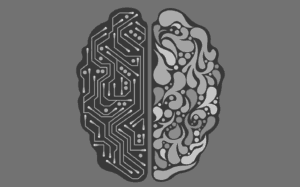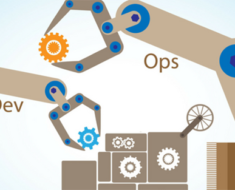Tech giants Google and Microsoft are investing enormous amounts into developing their respective capacities in AI for gaming. The main areas of discovery lie in enhanced features of virtual assistants, intelligent decision-making and greater ‘humanisation’ of the gaming experience.
Google Assistant – Stadia
The near future will bring a much greater sense of engagement with robotic intelligence when we interact with AI helpers Google Assistant. This will integrate with gaming platform Google Stadia to help us process, understand and act on multiple data sources.
From 2019, more and more gamers will use AI assistants to discuss strategy, plan moves and answer queries about rules. In fact, the Stadia controller can call Google Assistant, allowing you to ask for help. That could come in handy if you want it to show you a walkthrough of a difficult part of Rise of the Tomb Raider, for example.
Advances in conversational AI applications mean that the capacity of Google Assistant to interact with humans can reach a point where it is like having a natural conversation at real-time speed. This was described at the recent Google I/O conference as ‘like going from the walkie-talkie to the telephone’.
Microsoft’s Azure machine learning
At its recent Build conference, Microsoft unveiled enhanced AI decision-making capacities, making it easier for non-experts or developers to use tools such as the drag-and-drop principle to make visual models and develop applications. “AI and machine learning can… deliver really personalized, super-immersive experiences to customers”, commented Wisam Hirzalla, director of operational databases. He added, “We want to make it easy for any company to use the technology”.
Helpful bots
The industry around games of chance generates billions of pounds a year, and AI innovations include asking questions to a chatbot that responds like a person, giving you answers tailored precisely to your user profile. This saves time for both the player and game provider by making it a seamless process with more accurate information in real time.
Let’s look at some concrete examples. Brands such as Buzz Bingo develop products that have a social dimension – the success of massive online multiplayer games like World of Warcraft and Farmville show that the experience is more enjoyable and enriching when playing together, while platforms like Valve’s Steam show that Valve has invested in bringing people together to facilitate social interaction in its community forums and chat functionality.
Deep learning and data

Source: Pixabay
DC Labs researchers are at the forefront of AI and machine learning research and its applications for games, specialising in Deep Reinforcement Learning. Player data captured through the game has opened up further insights by AI, making it more human-like and good fun to play against.
Intelligent Decision-making
Progress in AI decision-making means it can be programmed to continuously adapt to opponents’ behaviour. They can simulate opponents’ moves before they occur and thus, potentially defend themselves. Hopefully, the AI algorithms won’t eventually become unbeatable!

Source: “Elves With Shotguns, WTH? An Abriged Sta” (CC BY-SA 2.0) by GT’s screenshots & wallpapers
Many in the ‘techosphere’ are making grand claims for the overall impact of AI. It remains to be seen, but the power it is unleashing is only set to expand. Perhaps our avatars will reconvene in a couple of years to see where we are.









































